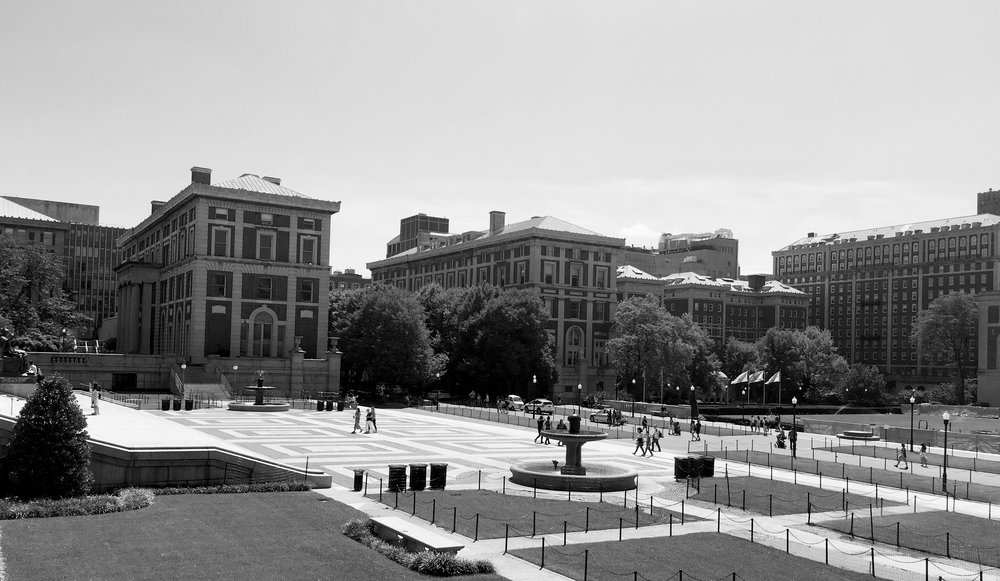Two current students have been awarded research grants from OHMA and GSAS. Please join us in congratulating Nairy AbdELShafy and Rebecca Kiil!
Nairy AbdElShafy
It has been over a year since Hurricane Maria hit Puerto Rico on September 20th, 2017. Since then – and in light of the island’s protracted financial crisis and minimal aid support– all sectors have been affected, creating austere living conditions within challenging daily struggles. Nairy AbdElShafy’s thesis research will focus on the Hurricane’s effects on the public health sector, through the recording of oral history interviews in Caguas, with medical doctors, psychologists and patients about their experiences. The collection and analysis of these narratives will serve as a base to showcase their stories through an interactive exhibition and will provide material to create a training manual for community support on surviving natural disasters through personal strength and communal resilience.
The research is conducted with the help and support of Mí María Project: an oral history for social justice project at the University of Puerto Rico at Mayagüez. Selected narratives will be featured in a book published by Haymarket Books and the Voice of Witness program. Others will be shared in an international group exhibition on climate justice produced by the Humanities Action Lab. With support from Mí María, Fulbright, OHMA, and GSAS, Nairy will be traveling to Puerto Rico in January to conduct interviews for her thesis.
Rebecca Kiil
For the past few years, Rebecca Kiil has been working with her 101-year-old grandmother to document the story of her escape during World War II from her tiny home country of Estonia – which sits across the Baltic Sea from Finland and shares a border with Russia – to flee the brutality of Stalin’s army, which had already claimed her father and brother and would soon claim her husband. As Rebecca continued to film her grandmother telling different aspects of the escape story, her grandmother’s friends and acquaintances (part of the Estonian diaspora) began asking Rebecca to interview them and record their stories as well. Her work with her grandmother led Rebecca to the realization that many people of her grandmother’s generation still have untold stories that need to be told, heard, and documented.
Since this project has evolved organically, Rebecca has acquired the necessary skills on the fly, as she needed them. She didn’t delve into the skill set needed for, ethics related to, and tools available for transcribing until joining this year’s OHMA cohort. So even though Rebecca had already conducted almost 20 interviews prior to joining OHMA, she had not transcribed any of them.
Rebecca’s goal is to create an online portal, the RAHU Peace Through Storytelling Project (rahu means peace in Estonian), to make these interviews available to a wider audience while she continues to collect as many of these first-hand accounts of this aging population as possible, as quickly as possible. She hoped to have a large group of interviews (including time-stamped indexes and full transcripts of each interview to allow for search capabilities and better accessibility) ready to go when she launched the website but was not sure how to tackle the backlog and go back to manually transcribe all ~20 interviews (in addition to the interviews she has conducted this fall); it just didn’t seem to be possible in a timely manner.
Enter the GSAS/OHMA Student Research Funding! Rebecca will use this funding to run all of her interviews through the Trint transcription tool. She will then review, edit, and finalize the generated transcripts prior to posting them on the web portal. Rebecca is so grateful to GSAS/OHMA, because she knows that this funding will make it possible for her to get these important stories out into the world.



